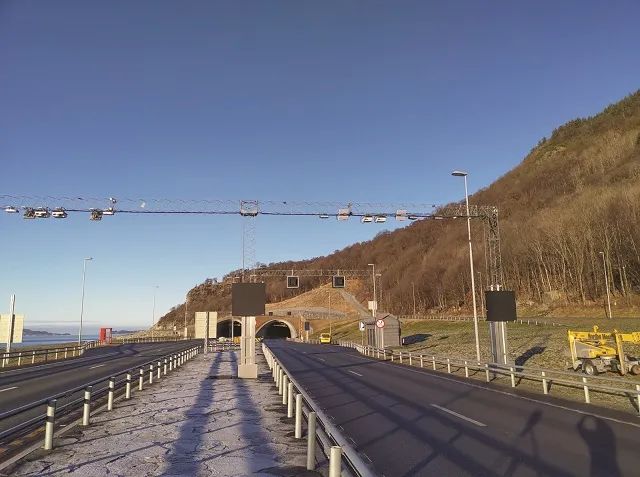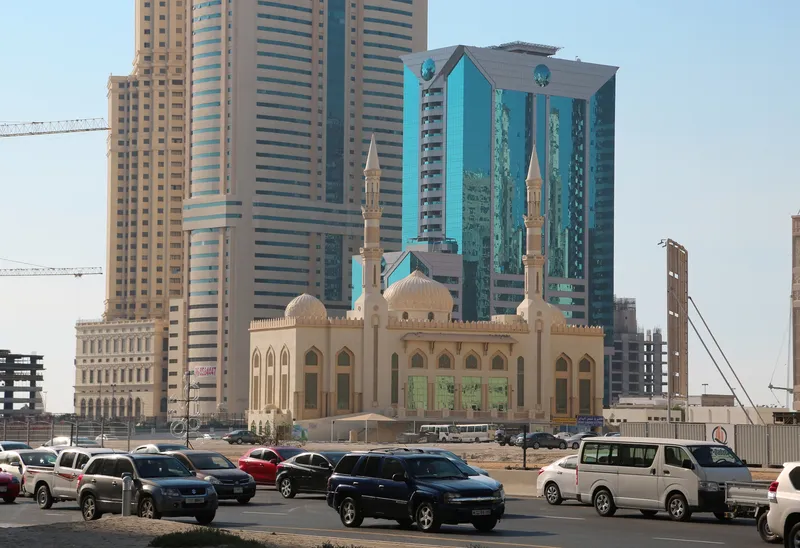
Norway has installed multi-lane free-flow tolling from Kapsch TrafficCom in one of world´s deepest undersea road networks, the Ryfast tunnel system.
The 14.3km Ryfylke Tunnel reaches a depth of 292m below sea level and runs from the city of Stavanger to the municipality of Strand.
The Norwegian Public Roads Administration - Statens Vegvesen - assigned Kapsch in October last year to deliver the Kapsch MLFF G3 tolling system with six tolling points and it went live on February 1, explained Mikael Hejel, Kapsch’s Nordic countries sales manager.
The tolling system detects and identifies all passing vehicles with video technology, which classifies the vehicles and captures their front and rear license plates.
Through microwaves, the tolling system also detects and reads AutoPass toll tags, which are linked to the vehicle’s license plate number. The information captured by the tolling system is transmitted to a back-office for further processing and invoicing the vehicle owners.
“Given the current Covid situation and closed borders, it was a challenging task both for Statens Vegvesen and Kapsch to comply with the schedule, said Kristian Rognskog, chief engineer of AutoPass/Bompeng systems at Statens Vegvesen.
“We are very pleased with the open dialogue and the transparency we have had with Kapsch TrafficCom, something which enabled the extremely short implementation time of the new tolling system.”








